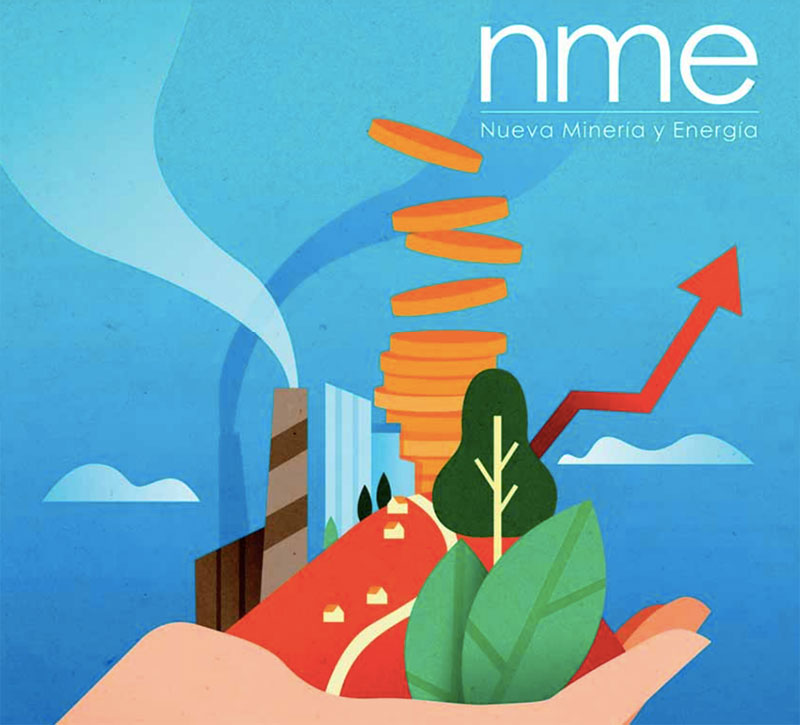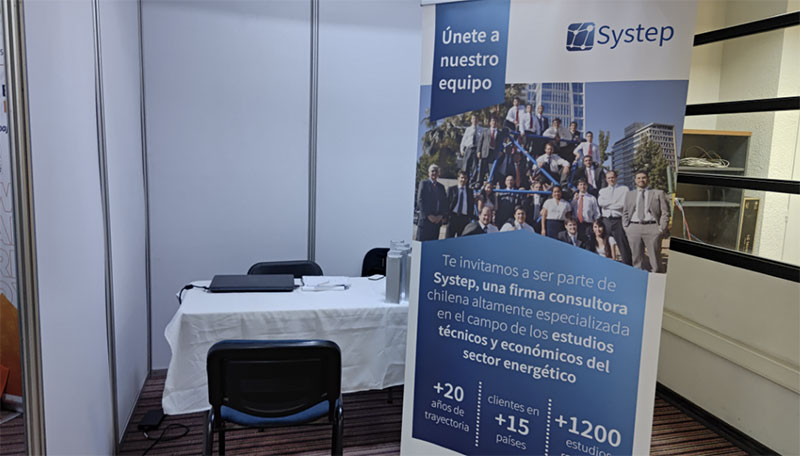
MR. DIRECTOR:
Chile is suffering the worst drought on record, considering the low levels of rainfall in the last 10 years, which has worsened this winter, with almost no rainfall.
Chile must take measures to address the water shortages that will arise if this trend persists over time, as well as promote measures to reduce greenhouse gas emissions, the source of climate change.
Due to the long construction times for hydroelectric and irrigation reservoirs in the country, in addition to the problems faced with local communities and the environmental permitting process, this path would only be viable in the medium and long term.
Another alternative is to take advantage of the decarbonization plan recently signed between the Ministry of Energy and the companies that own coal-fired power plants, to replace these plants with desalination plants and thus partially reduce the water deficit, particularly for agricultural and industrial consumption. It is also important that the electricity supply for the desalination plants be provided through supply contracts with renewable power plants, taking into account that these have low development costs, as has been recorded in recent electricity tenders. In addition, the consumption profile of the plants can be adapted to the production of the power plants, providing the flexibility required for their operation.
We could increase the share of renewable power plants in our electricity generation mix and contribute to the fight against climate change.
Hugh Rudnick
Óscar Morales
Systep



